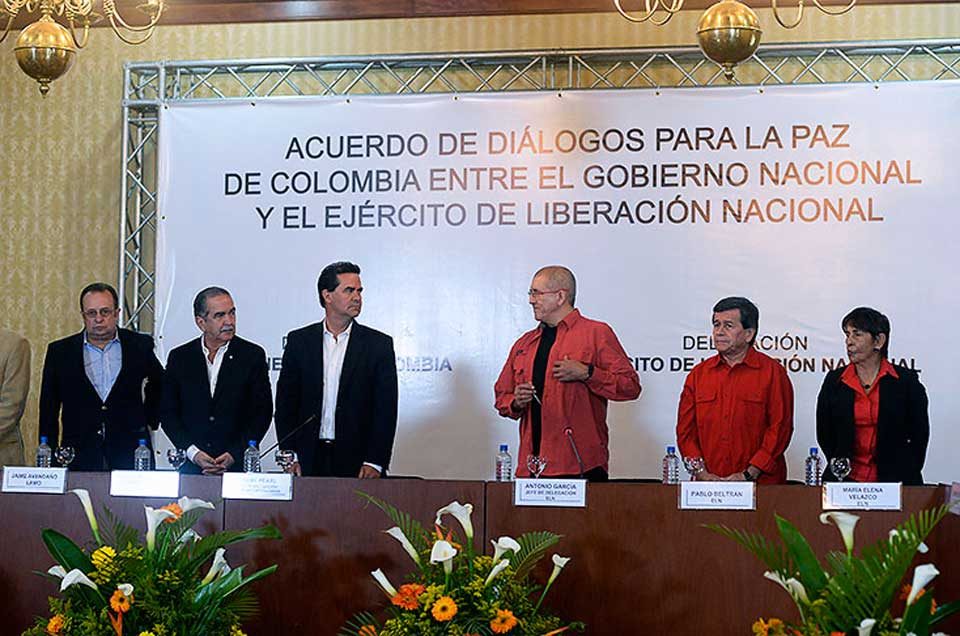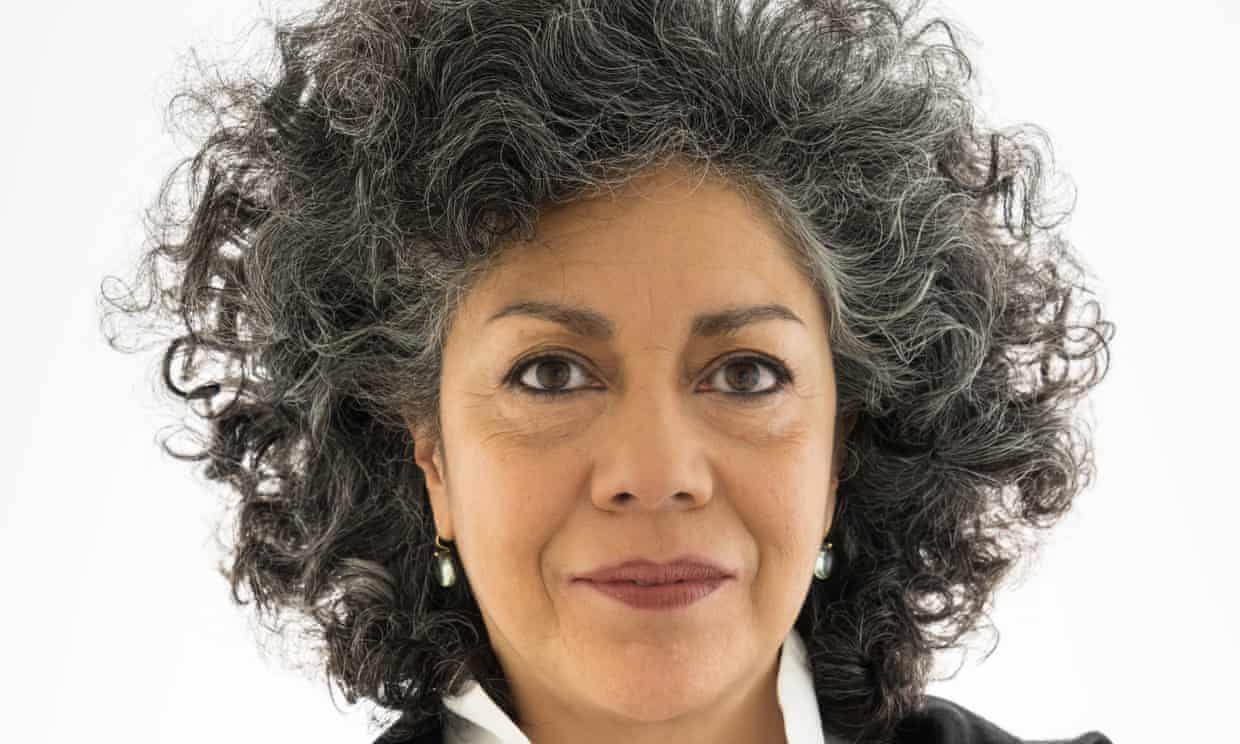 Teaching English is a common profession for expats in Colombia, but there are other options – expat Kai Whiting shares his tips on how to pursue a different career path
Teaching English is a common profession for expats in Colombia, but there are other options – expat Kai Whiting shares his tips on how to pursue a different career path
Pursuing a career in Colombia presents a whole host of hurdles – from searching for a job, especially one that is not so ‘normal’ for expats, to sorting out visa issues and getting paid on time. But if you persevere, you will find there are many opportunities. In my time here I’ve held three jobs, none of which have been teaching English or even involved speaking in English. How did I do it?
Well, first of all, you need to know a lot of Spanish. The meaning of the term “ a lot” depends on exactly what you want and decide to do. In my case, I write in Spanish for Colombian academic journals and the press, so a high level of proficiency in the language is essential. That said, and knowing that I am the exception not the rule, generally all you need is enough Spanish to get by, not in the street but in the office.
I wasn’t born to Spanish-speaking parents and I didn’t take classes. I learnt the language on the fly. CDs, DVDs, Youtube and Disney films, over and over again. I even plugged my ears for years with Spanish rap – if you understand that, you can understand anything! I listened to Spanish constantly – on the bus, plane, train, anywhere I could really. And public transport in Bogota should lend itself to more than the average amount of language learning, considering the traffic.
Also important is immersing yourself in the language. While I was learning, Spanish was always spoken in my home and my friends’ homes. I made it my business to live with local people, not only because they speak the language I wanted to learn, but also because they know when the job season is and they have the contacts that an expat housemate, in the same position as you, does not.
Basically, if you really want a non-English teaching job then you need to build a network outside of the English teaching community and lifestyle. If lots of your friends – or your boyfriend or girlfriend – are also expats, try inviting people around who don’t speak your language so that it forces you both to try speaking Spanish or risk being rude.
Another way of improving your Spanish is to always be on the lookout for free language learning opportunities. Make use of the fact that you live in a Spanish speaking country: whether it is talking to a taxi driver or buying an empanada, there are plenty of chances to practice your speaking and listening. Watch TV and listen to the radio. Pick up leaflets and free papers and use them as reading material to stretch your vocabulary. I found that even going to church and listening to the sermons is a good way to learn.
And as you make Spanish-speaking friends, they are sure to be happy to help with the job search and writing that pesky CV in Spanish. Especially if you are willing to do the same for them in English.
Never underestimate the extended “family” when it comes to getting your first non-English-teaching job. If church, or something similar, really is not for you, enrol in some classes. I personally have one-to-one yoga classes at my house for just 30 thousand pesos an hour. I pay my yoga teacher to get healthier and she, perhaps unwittingly, provides free Spanish lessons.
Alternatively, if word-of-mouth fails to turn up any leads, check out the following website: www.elempleo.com. This is arguably the most important website for job hunting in Colombia. Fill out your application in Spanish and apply for a job with one click.
If you are searching within a specific industry, research the major companies online and send your CV to their human resource department. Spend time personalising your messages, and don’t be afraid to follow up with a phone call or even a personal visit.
Face to face contact is important in Colombia and you can build up a wealth of contacts by asking people for advice.
Finally, if you can’t find a job you like, it might be worth studying at one of the universities. I did my masters in Renewable Energy Engineering in Spain. Studying abroad got me a top qualification and made my Spanish more professional. But don’t feel you have to do a Masters to get a job – qualifications are important, but none of the jobs I have had would have been possible without all those raps, housemates and sermons. So without further ado, happy hunting!
Kai Whiting is currently working as Director of the Energy Engineering Programme at Universidad EAN, and has been in Bogota for just over a year.









